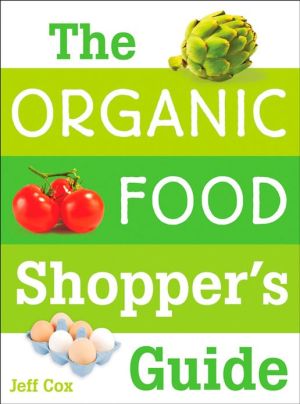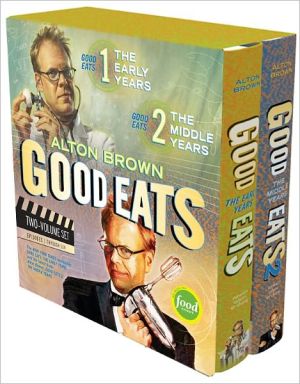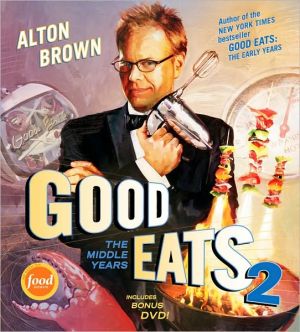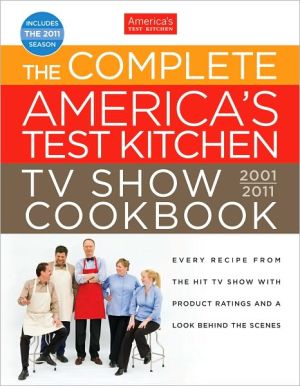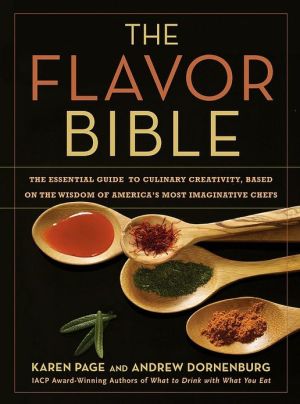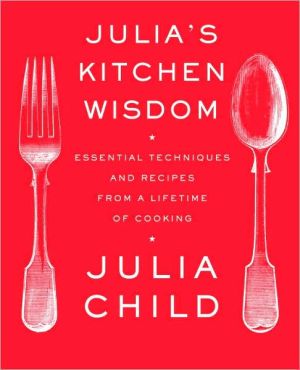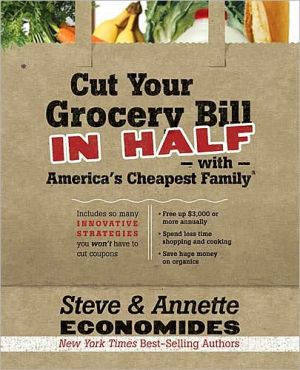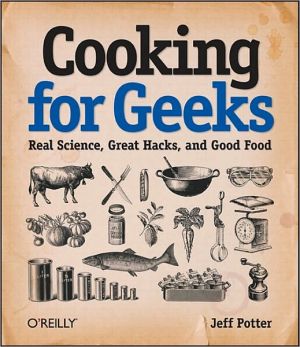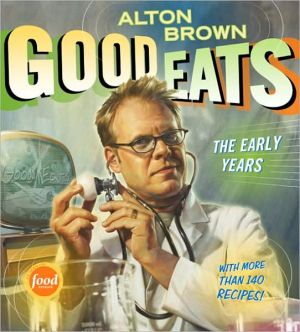Organic Food Shopper's Guide
Why Should You Choose Organic Foods?\ Organic food has never been more popular, and for good reason: it tastes better, it's more nutritious, and it's better for the environment. This handy guide shows you how to select the freshest, tastiest varieties and transform your organic groceries into memorable meals. You'll find guidance on what to look for when shopping, how to handle each food in the kitchen, and why, when foods are organic, they're so darn good for you. Here's everything youneed...
Search in google:
Why Should You Choose Organic Foods? Organic food has never been more popular, and for good reason: it tastes better, it's more nutritious, and it's better for the environment. This handy guide shows you how to select the freshest, tastiest varieties and transform your organic groceries into memorable meals. You'll find guidance on what to look for when shopping, how to handle each food in the kitchen, and why, when foods are organic, they're so darn good for you. Here's everything youneed to enjoy food that you can feel great about eating: * Profiles of more than 100 organic foods * Complete coverage of fruits, vegetables, nuts, herbs, dairy, eggs, meat, and more * At-a-glance advice on peak seasons, nutrition, good varieties, and what to look for * Detailed information on preparation, storage, complementary flavors, and kitchen uses * More than 100 tasty recipes and dozens of cooking tips Publishers Weekly Cox, a former editor at Organic Gardeningmagazine, has been promoting organics since long before it was fashionable. Using his 30 years of organics knowledge in this guide-cum-cookbook, he attempts to untangle, for the average consumer, the confusing mess of what to eat. Readers will find concrete advice in this basic primer: the science of organic farming is followed by a product-by-product guide to organically farmed foods that can be found in the market. Organized by food group (vegetables, fruits, protein, etc.), each food is broken down by season-how to shop for it, the reason to buy the organic version, and a simple recipe or two that showcases the strength of the main ingredient. The best answer for the health of humans and the health of the planet is to buy everything organic, and the eventual redundancy of the "organic advantage" paragraph on each food reveals just that; there are only so many ways to explain that the product tastes better and that the farming method doesn't destroy the soil. The best parts of the book are the informational inset boxes; Cox is knowledgeable about all the food issues facing consumers and these boxes-including information on mad cow, local agriculture, fair trade and food labeling-showcase his expertise. (Feb.)Copyright 2007 Reed Business Information
Acknowledgments. Introduction. How to Use This Book. Why Buy Organic Food? Vegetables. Fruits. Nuts, Seeds, Beans, and Grains. Herbs and Spices. Meat, Fish, Dairy, and Eggs. Kitchen Staples. Sources. Bibliography. Index.
\ From the PublisherCox, a former editor at Organic Gardening magazine, has been promoting organics since long before it was fashionable. Using his 30 years of organics knowledge in this guide-cum-cookbook, he attempts to untangle, for the average consumer, the confusing mess of what to eat. Readers will find concrete advice in this basic primer: the science of organic farming is followed by a product-by-product guide to organically farmed foods that can be found in the market. Organized by food group (vegetables, fruits, protein, etc.), each food is broken down by season—how to shop for it, the reason to buy the organic version, and a simple recipe or two that showcases the strength of the main ingredient. The best answer for the health of humans and the health of the planet is to buy everything organic, and the eventual redundancy of the "organic advantage" paragraph on each food reveals just that; there are only so many ways to explain that the product tastes better and that the farming method doesn't destroy the soil. The best parts of the book are the informational inset boxes; Cox is knowledgeable about all the food issues facing consumers and these boxes—including information on mad cow, local agriculture, fair trade and food labeling—showcase his expertise. (Feb.) (Publishers Weekly, December 17, 2007)\ \ \ \ \ Publishers WeeklyCox, a former editor at Organic Gardeningmagazine, has been promoting organics since long before it was fashionable. Using his 30 years of organics knowledge in this guide-cum-cookbook, he attempts to untangle, for the average consumer, the confusing mess of what to eat. Readers will find concrete advice in this basic primer: the science of organic farming is followed by a product-by-product guide to organically farmed foods that can be found in the market. Organized by food group (vegetables, fruits, protein, etc.), each food is broken down by season-how to shop for it, the reason to buy the organic version, and a simple recipe or two that showcases the strength of the main ingredient. The best answer for the health of humans and the health of the planet is to buy everything organic, and the eventual redundancy of the "organic advantage" paragraph on each food reveals just that; there are only so many ways to explain that the product tastes better and that the farming method doesn't destroy the soil. The best parts of the book are the informational inset boxes; Cox is knowledgeable about all the food issues facing consumers and these boxes-including information on mad cow, local agriculture, fair trade and food labeling-showcase his expertise. (Feb.)\ Copyright 2007 Reed Business Information\ \
